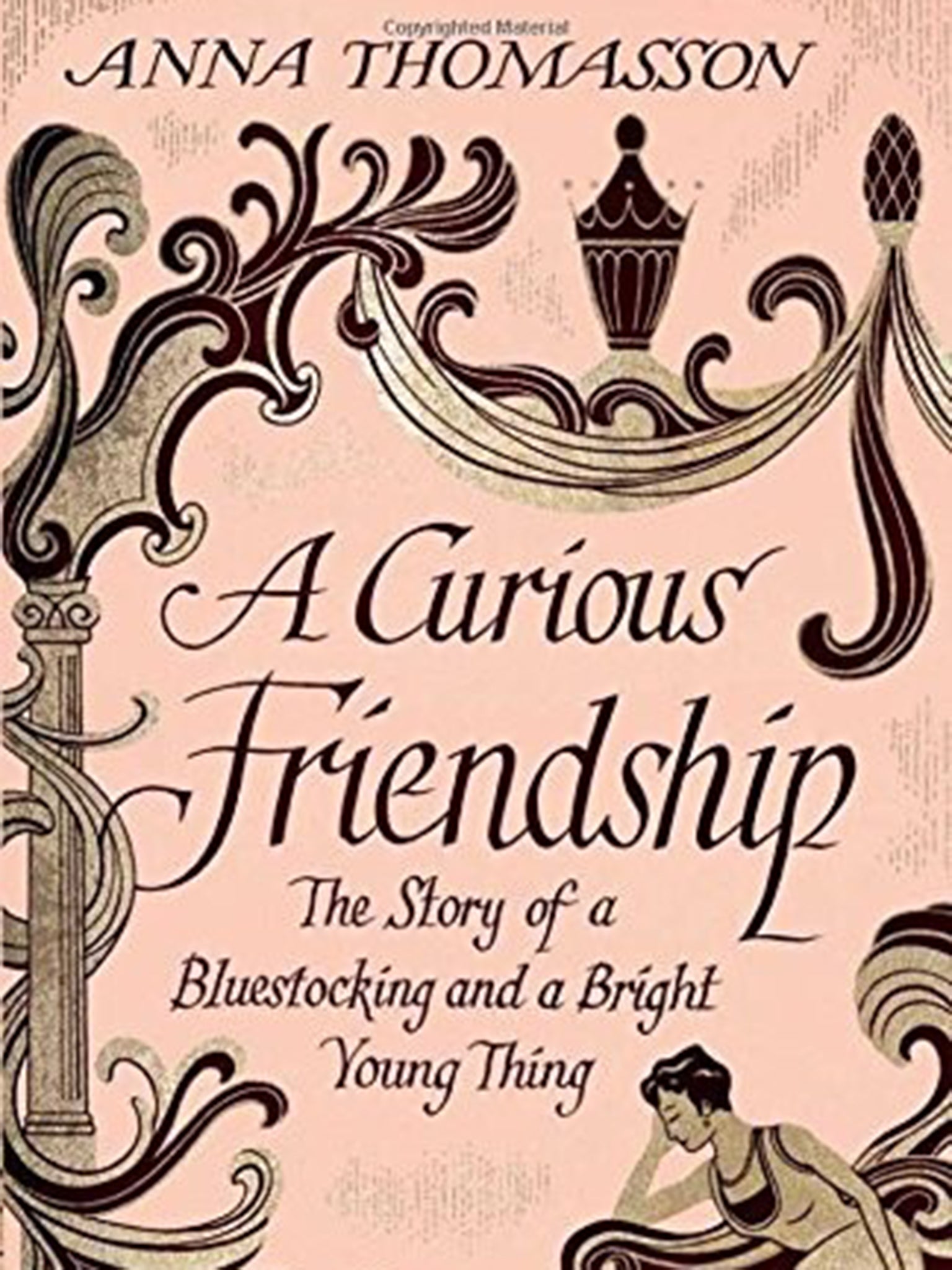A Curious Friendship by Anna Thomasson - book review: An odd couple bound by celibate chemistry
Reverent and sympathetic, and often fascinating

Most people know Edith Olivier, if they know of her at all, through her first novel, The Love Child, about a lonely spinster who conjured up a fairy child for herself. But the child gradually took on human proportions, grew up and fell in love with a young man, at which point she vanished. Thomasson presents an interesting new reading of this novel, suggesting the artist Rex Whistler as Olivier’s much-needed fairy child.
For Olivier was, when Whistler first entered her life, a lonely spinster indeed. Her much-beloved sister had died, leaving her alone in her early fifties, without much to look forward to. But she had connections, among them the aristocratic Pamela Grey, mother of the fey and talented Stephen Tennant. She invited Olivier to join them on a trip to Italy, Stephen’s friend Whistler one of the party. Olivier was 51, Whistler 19. But they hit it off immediately, and so began a lifelong friendship.
It was a complicated relationship, though. Whistler encouraged her in her idea for her first novel; he and Stephen modernised her look; she welcomed his numerous artist friends, most of them homosexual, happily into her home (although she seems to have been naive about the true nature of the relationships between the men). From the outside it’s a friendship that appears equal and giving, but Olivier’s novel suggests a strange kind of maternal attitude, one infused with all the jealousies of a lover.
This is intriguing, but Thomasson is reluctant to speculate too much. Turning from the personal to the artistic, though, she wonders on one occasion just how beneficial this relationship was to each party, implying that Olivier’s more conservative attitudes might actually have held Whistler back in his art. Financial pressure on this builder’s son to keep up with his aristocratic, party-loving friends was clearly just as damaging, though, and Thomasson stresses this aspect more, portraying a Whistler forced to take on lucrative “interior design” commissions instead of concentrating on his paintings.

Yet the conservative side of Olivier must have appealed to him. A little more teasing out of the artistic negotiations between the two would have been welcome – one tantalising glimpse is given of Whistler’s advice to Olivier: “You won’t write your best book until you unbutton!” Did he think he could “unbutton” her conservatism, her restraint?
This would suggest a sexual element, and Thomasson makes clear that never happened between them, though Olivier does seem to relish any physical intimacy. Many doubted Whistler had sexual feelings for women and Olivier, alas for us, seems to have abandoned any hope for a sexual life early on.
I say “alas”, because it’s often through a sexual relationship or an artistic one that we learn about an individual’s inner life. Thomasson’s biography is reverent and sympathetic, and often fascinating in the connections of the people she portrays. But the restraint of her primary subject, Olivier, is also present in Thomasson’s portrait. Like Olivier herself, she has refused to take young Whistler’s advice.
Macmillan £20
Join our commenting forum
Join thought-provoking conversations, follow other Independent readers and see their replies
Comments